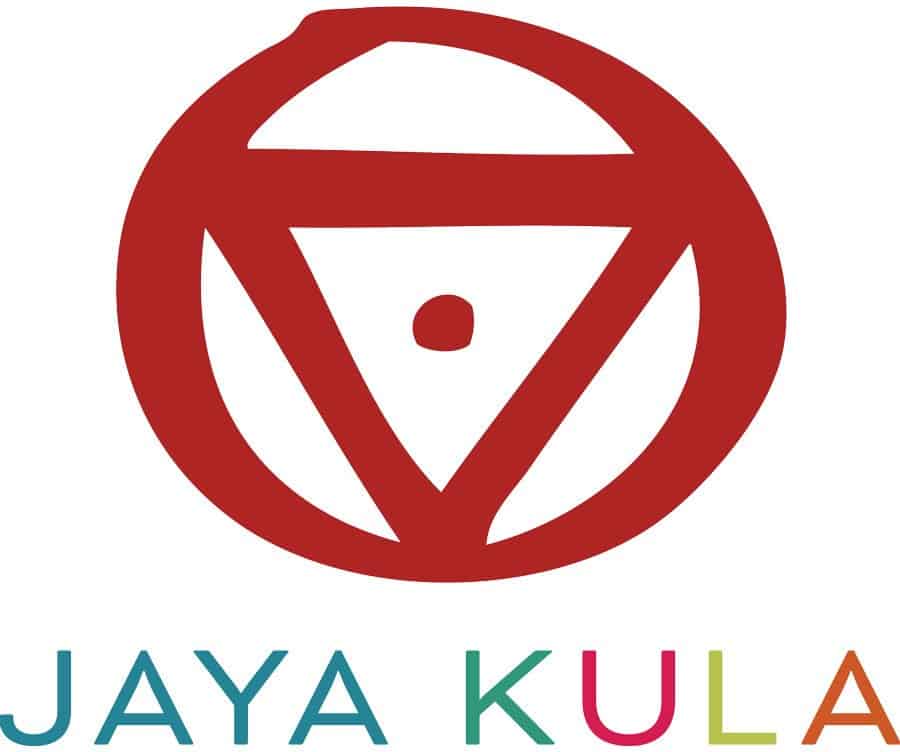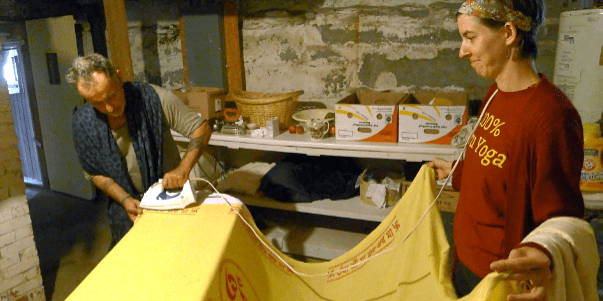As Tantrikas, our attitude should be: How can I work with each and every circumstance? How can I participate positively? How, in spite of various compulsions, can I open my heart and find the freshness and potential in each moment?
Tantrikas are not fatalistic. We try not to let ourselves be swept forward by the momentum of compulsion and fixation. We do not baby ourselves with either hope or hopelessness.
We don’t focus on past or imagined future calamity. We understand that obstruction is a communication. Every obstruction is an invitation to go deeper, to expand one’s senses, to let go of limiting concepts, to reach for the subtlety of nature’s communication and to follow that.
Sometimes people take up negative, or fatalistic attitudes as a strategy for gaining control over others. Compulsive negativity hijacks attention, hijacks energy and is a drag on the collective efforts of other people. At the root of such negativity is competitiveness and fear of being exposed: fear of not being up to the task of living.
Negative thought stunts personality and stifles all effort. It kills initiative. ~Swami Sivananda
Working within communities and with a teacher helps us to see what karmic strategies are at play in our lives. The efforts we make to relax these defenses, sense the moment and allow ourselves to be moved by life in a totally fresh way are at the heart of our practice.
Even as we are noticing patterns of fixation, we don’t take refuge in contrived, overly dramatic displays of hurt, guilt, embarrassment or self-depreciation. Our karmas are also God. In doing sadhana and working with our karmic tensions as they arise, we are just being natural. We are expressing the nature of this thing called human. We approach ourselves and our efforts with this loving simplicity.
It is wholesome if your negative impulses are brought to light. They have to come out. Only in this way can you get rid of them. But I cannot see that you are bad. I only see your divine Self. ~Anandamayi Ma
Relating to the world with the orientation of “how can I work with life” requires honesty, openness, bravery, compassion, creativity, sensitivity and ingenuity.
It also requires some basic practicality. We are all apprentices to life.
An apprentice, when given a task by the master, does not think: Oh, I can’t do this, or this won’t work because of X, Y, Z, A, B, and C.
A true apprentice thinks: the master gave me this task. It must be doable. I will figure it out! At least there must be value in trying. And if it is a little bit difficult, a bit of a puzzle, or seemingly impossible, a true apprentice becomes even more determined to discover the inherent wisdom and find a way through.
Now, you find out! ~Anandamayi Ma

